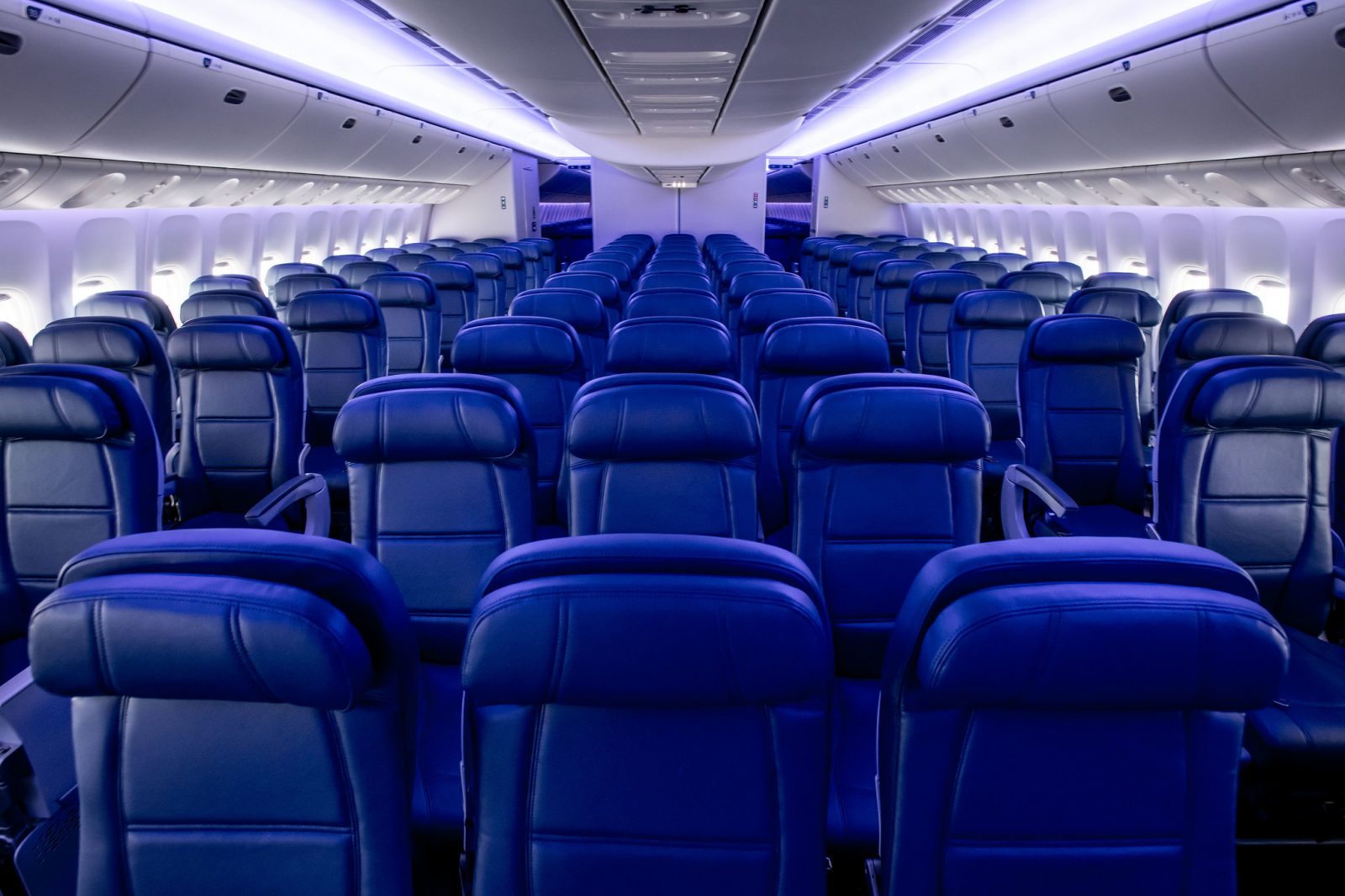
One of Britain’s largest trade unions says it is taking legal action in over 100 reported cases of what it calls “toxic cabin air” which may be responsible for sickening flight attendants, pilots and even passengers. Unite the Union is now calling for a major public inquiry to get to the bottom of a problem which has plagued the aviation industry for over 50-years.
In many aircraft, air is supplied to the cabin through a system called “bleed air” in which outside air is fed through the engines – a system which was originally designed at the advent of commericial aviation. In some situations, campaigners warn that the air can become contaminated with toxic chemicals which are then fed into the cabin.
“Toxic cabin air is real and is damaging lives,” explains the union’s assistant general secretary for legal services Howard Beckett. “It’s time the airline industry faced up to its responsibilities and dealt with toxic cabin air,” Beckett continued.
Along with short terms symptoms such as nausea and headaches, some victims suffer debilitating longterm effects with symptoms such as impaired cognitive performance and physical weakness. In extreme cases, toxic cabin air has been linked with mortality.
Earlier this year, a British coroner suggested additional testing should be undertaken on anyone who is suspected to have died as a result of breathing in toxic cabin air. The Unite union says new guidance has now been issued to make this suggestion a reality.
“This is unprecedented guidance to all coroners in England and Wales and follows the recognition that toxic cabin air may have an impact on the body which leads to ill health,” Beckett explains.
“It now means that all coroners are aware of toxic cabin air and should commit to additional testing when faced with a death involving a frequent flyer who dies in unexplained or complex circumstances.”
The union has launched a major awareness campaign, which encourages flight attendants to report any incidents which they suspect to be a toxic cabin air event – including not only visible fumes but also strange smells where it can very often be difficult to pinpoint the cause once the plane has landed.
In the United States, the Federal Aviation Authority recently concluded that toxic air events are still incredibly rare events which only occur in less than 33 of every one million aircraft departures.
But there are concerns airlines have been under-reporting such events for years – U.S.-based carriers are only required to file a report with the FAA when they determine the event was linked to an aircraft component problem. In most cases, airlines rule this out as a cause.
According to CBS San Francisco, flight attendants at several airlines including Alaska Airlines have even been warned not to publicly talk about fume events. In one case, the news site said that executives warned flight attendants could face disciplinary action under the airline’s social media policy if they spoke out about toxic cabin air.
Mateusz Maszczynski honed his skills as an international flight attendant at the most prominent airline in the Middle East and has been flying ever since... most recently for a well known European airline. Matt is passionate about the aviation industry and has become an expert in passenger experience and human-centric stories. Always keeping an ear close to the ground, Matt's industry insights, analysis and news coverage is frequently relied upon by some of the biggest names in journalism.







